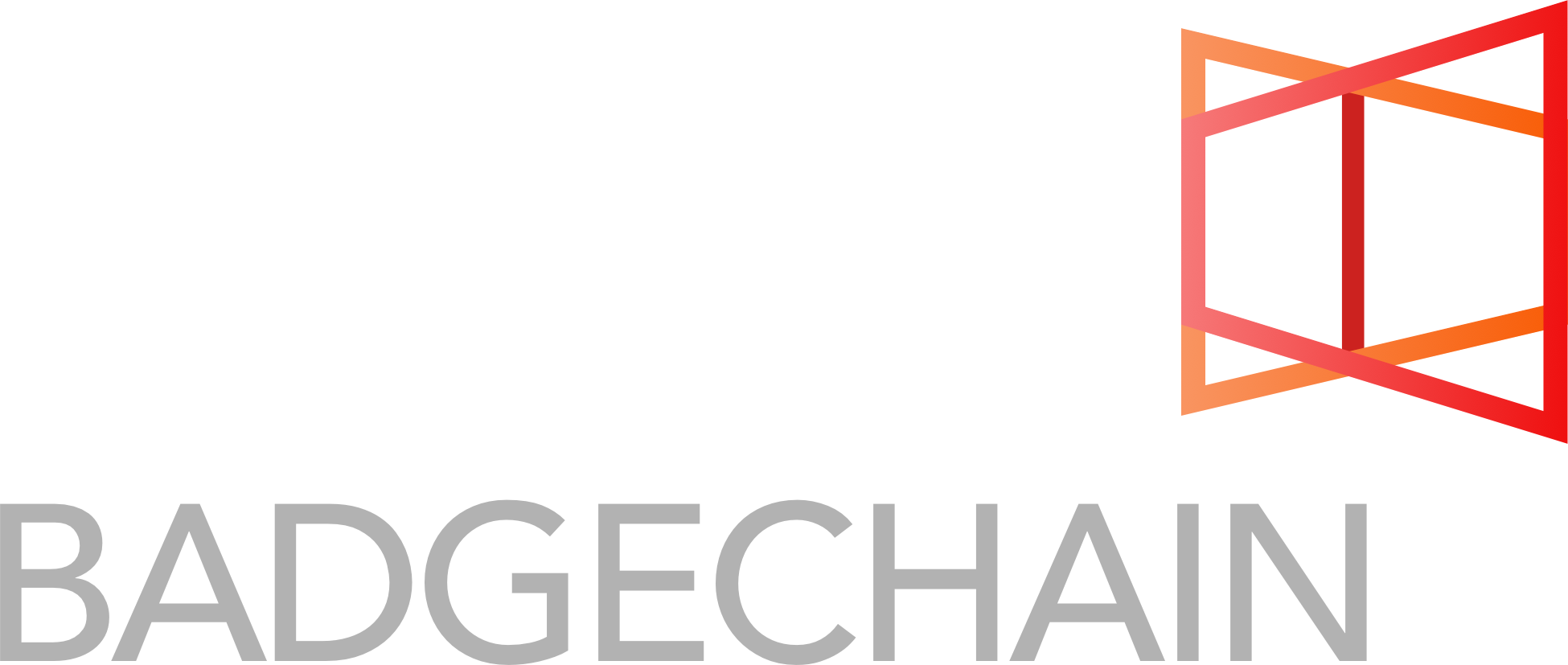BadgeChain Newsletter #6 – Blockchain, Bitcoin and Ransomware
May 18th, 2017 | Carla CasilliThis past week saw a massive and outrageous ransomware attack that hit the UK National Health Service and other organizations around the globe. The hackers behind the WannaCry virus did something somewhat unexpected: they didn’t ask one hostaged organization to pay a ridiculous sum of money. No, they asked many hostaged organizations and individuals to pay relatively small ransom amounts in bitcoin. Why bitcoin? With the current state of cryptocurrency wallets, it’s allegedly untraceable, so the thieves believed that they could get away clean.
Yet, even with the small asks of around $600 in bitcoin, it seems that not many folks paid up. Smart software backup and recovery practices played a role in limiting damages. But the reason for non-payment may have been a good deal simpler: bitcoins are confusing to the uninitiated. It can be difficult and time-consuming to set up a cryptocurrency account and select an exchange, let alone raise large amounts of bitcoin. Consequently, while this ransomware attack wreaked nasty havoc on its victims, it failed pretty hard financially. Future ransom requests may prove more effective, though, as it appears that some companies are now stockpiling bitcoin in preparation against ransom demands.
As the price of bitcoin shoots past $1800 (with some calling for it to hit $3000) the interest in exploitation rises—as does interest in control and governance. Consequently, this type of attack only serves to heighten the possibility of regulatory concerns and governmental oversight. Indeed, a report by the European Parliament provides recommendations for “anticipatory policymaking” regarding several aspects of this protean currency including eliminating the anonymity current wallets afford. Stay tuned!
~ ~ ~
Here are the articles that inspired and informed this newsletter. We recommend them to you as interesting data points in your consideration of education and decentralized technologies.
- How blockchain technology could change our lives — European Parliament
- Bitcoin Price Spooked by China, EU Regulatory Elephant In The Room— William Suberg
- DC Blockchain Advocates Seek Distance From Bitcoin Amid Ransomware Wave — Aaron Stanley
- Hackers who infected 200,000 machines have only made $50,000 worth of bitcoin — Arjun Kharpal
- Companies Stockpiling Bitcoin in Anticipation of Ransomware Attacks — Phil McCausland
- The WannaCry Ransomware Hackers Made Some Real Amateur Mistakes— Andy Greenberg

Follow Us